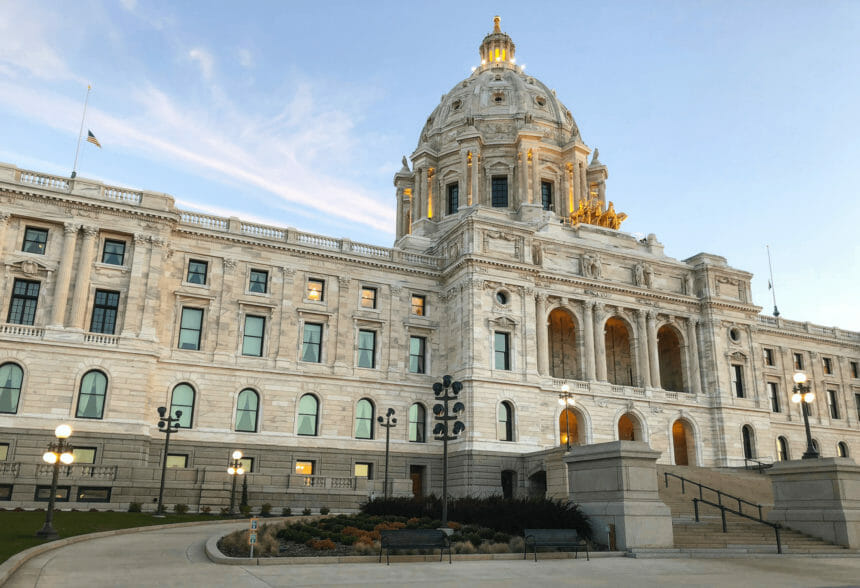Citing an urgent need to focus on fighting the COVID-19 pandemic, the Minnesota Department of Health has proposed delaying the implementation of new rules that would increase oversight of assisted living communities in the state.
Patti Cullen, president and CEO of Care Providers of Minnesota, the state affiliate of the American Health Care Association / National Center for Assisted Living, said “reality is reality” and several areas remain to be addressed before the planned tiered licensing is implemented.
“We haven’t been participating in rulemaking since we declared a state of emergency here two months ago,” Cullen told McKnight’s Senior Living. “The clock is ticking. We just didn’t think it can be done in a way that reflects true stakeholder input from all of the stakeholders.
“We pledge to continue discussion to do the work as soon as we possibly can. The bandwidth is just not there.”
In May 2019, Minnesota Gov. Tim Walz signed HF90, known as the Elder Care and Vulnerable Adult Protection Act of 2019, into law. The package of reforms was aimed at providing greater protections for older adults residing in assisted living communities, including allowing residents to conduct electronic monitoring and devising a licensing system for assisted living communities, as well as requiring them to follow minimum standards related to care and staffing levels at the state’s 1,800 facilities.
The licensing requirements were scheduled to begin in August 2021. The agency has recommended pushing back that licensing until 2022 to focus on prevention and response to the novel coronavirus.
Cullen said of the 13 areas of proposed rulemaking, only a few have really been tackled. She said Care Providers of Minnesota has not detailed any proposed language it reviewed regarding rules related to staffing, discharges, resident assessments and more. She compared it with “cramming for a test.”
“While anything is possible, it’s not ideal to cram through a lot of language at the last minute,” Cullen said. “No one has had a chance to talk through to see if it works. As the clock continues to tick and we focus on COVID-19, it’s just a reality check that something may need to be delayed.”
Minnesota is the only state in the country that does not license assisted living providers. State law classifies assisted living communities, where more than 55,000 state residents live, as “housing with services” and requires registration instead of licensure.
Specifications in the law cover physical plant requirements, criteria for client evaluation and admissions procedures, standard language for marketing materials and disclosures to prospective residents, and requirements for lease or service terminations.



